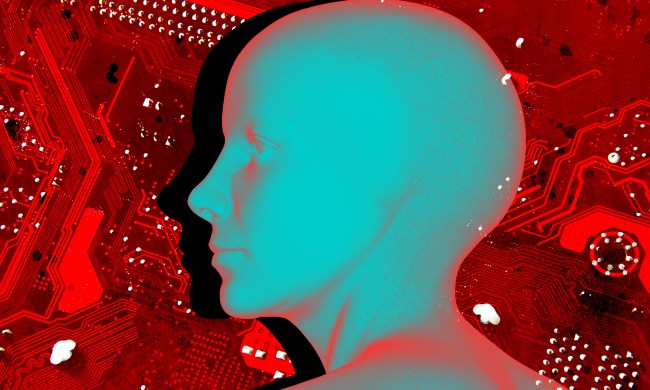Thank goodness, then, for artificial intelligence, and a new tool called Bitcoin Bubble Burst, which was recently presented at the Disrupt Berlin Hackathon. Using machine learning sentiment analysis, and then scraping online marketplaces and social media for news about bitcoin’s changing value, Bitcoin Bubble Burst could turn out to be a savior for anyone getting antsy about their cryptocurrency portfolio. It takes the form of a regular subscription newsletter that collates the information it’s found. If a certain threshold of warning signs is reached, its creators claim it will also allow you to know first — so you can cash in your savings before there’s a run on the virtual bank.
“The idea came from discussions we had inside the team about whether the bitcoin bubble will burst soon, or will the value keep rising,” Saad El Hajjaji, one of the team members, told Digital Trends. “Since it’s a topic that many people are interested in, we thought it would be good to try and predict the changes before they take place, so that you always stay in the loop.”

Hajjaji said that he is personally “optimistic about the future of bitcoin in the long run,” but acknowledged that some other colleagues on the project didn’t entirely share his views. Ultimately, though, he points out that you don’t have to be a bitcoin alarmist or utopian to be interested in setting up an early warning system. Considering that some seriously big investors are getting in on the bitcoin game, it would be silly to assume that major financial players don’t also have access to tools like this. However, if you’re more of an everyday investor — the kind of person who doesn’t have Warren Buffett in your iPhone contacts — it could certainly be worth checking out.
Hajjaji said that the team is working to add SMS notifications to its system, as well as considering creating a mobile app to offer live updates. Any other plans to venture into more bubble-related territories? “For now, we will concentrate on bitcoin in particular and see how it goes,” he said. “[But] in the future, we might work on other cryptocurrencies as well, and as our prediction model is getting better with time, we might venture into some other bubbles, too.”


